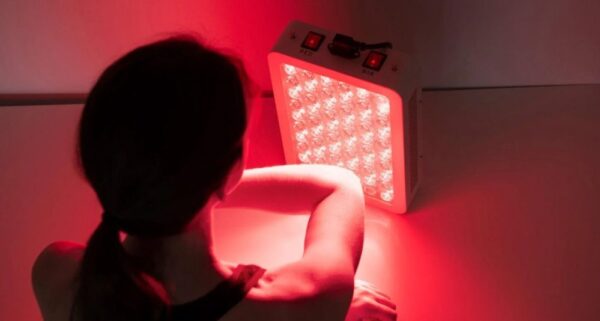Lifestyle
7 beauty hacks that are horrible for your skin

We all look into our kitchens for the best home remedies, because we feel most of them are free from side-effects.
But friends, we want to tell you that not every home hack works the way you think. In fact, some herbs and spices can lead to skin inflammation and that can be a total mess.
Therefore, it is important for you to know your skin type, and accordingly use a beauty remedy that will work well. Because frankly speaking, not everything is made for all skin types.
And for your information, the most common home hacks that we’ve all tried out are not the best for your skin.
Today, we’ll be listing seven of the most common beauty hacks that you must get rid of right away.
1. Removing blackheads with dental floss
Many people take dental floss and scrape their skin with it. It might appear to work, because it feels like it’s helping you shed dead skin, but it’s actually causing purpura. These are tiny blood vessels that burst under your skin, leaving your skin red. So, please stop doing this immediately.
2. Using toothpaste as a spot acne treatment
Many people think a simple dab of toothpaste is all you need to get rid of stubborn zits. But, unfortunately this is not true. Toothpaste was once made with triclosan, a chemical ingredient that kills bacteria. But today, many companies have stopped using triclosan in toothpaste, because the chemical could affect the thyroid hormone. Toothpaste is also formulated for your teeth, not your skin, so using even just a tiny bit may cause irritation, and in the worst case can trigger the appearance of pimples.
3. Using baking soda to exfoliate the skin
This has become a classic DIY beauty tip, but it has many harsh side effects. Baking soda is alkaline, which disrupts the skin’s pH level. This makes it more susceptible to infections, breakouts, and irritation.
4. Applying lemon juice directly on the skin
There are so many DIY skin care recipes that prominently feature lemon juice. It is true that lemons are rich in vitamin C, and are known for their skin brightening properties, but applying lemon juice directly on the skin is still a big no-no. Lemon juice is generally way too acidic to be safely used on the skin. In many cases, people over exfoliate their skin with lemon juice, and end up with increased sun sensitivity. In the worst case, many people also get chemical burns.
5. Using raw egg white as a face mask
DIY face masks that use raw egg whites have become popular over the years, and they generally seem to work well. That’s because egg whites contain protein and collagen that can help to improve skin elasticity and firmness. But using it directly on the skin can pose some risks. Raw eggs can contain food poisoning-causing bacteria such as salmonella, which is hardly good for the skin. Also, egg whites have a lot of natural nutrients, but not all of them can actually be absorbed by the skin. The collagen in egg whites can’t penetrate to the deeper layers of the skin, so its effect is just temporary.
6. Using deodorant as a makeup primer
Using deodorant on the T-zone area before putting on makeup can help to reduce oiliness and sweat. But just because it worked on one person doesn’t mean it will work for every skin type. Deodorants are often made with pore-clogging ingredients such as magnesium and parabens, and these are not suitable for every skin type. In some cases, they also cause rashes.
7. Using glue to remove blackheads
Many people think that using glue like a pore strip can remove blackheads. But this is not right, because the glue isn’t strong enough to eliminate any of the gunk out of your skin and, even worse, it’s made with polymers and chemicals that are not supposed to be applied on your face.










